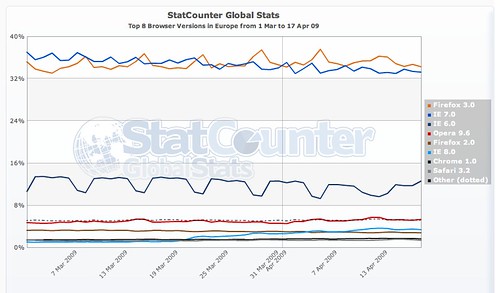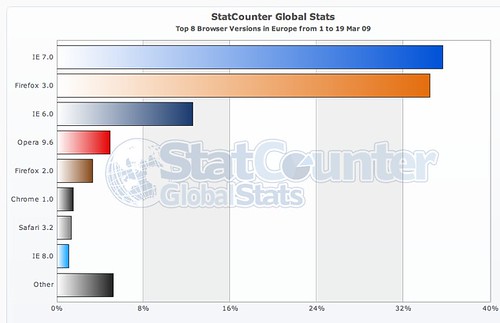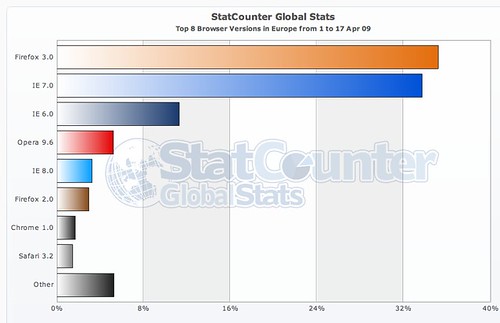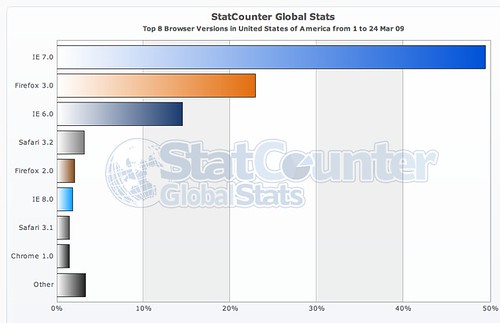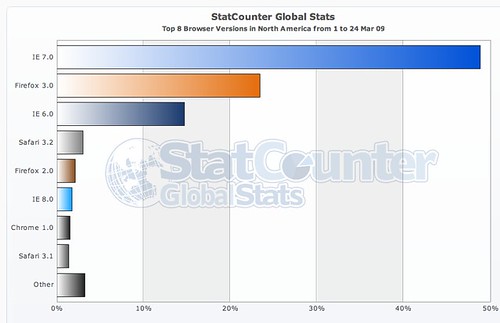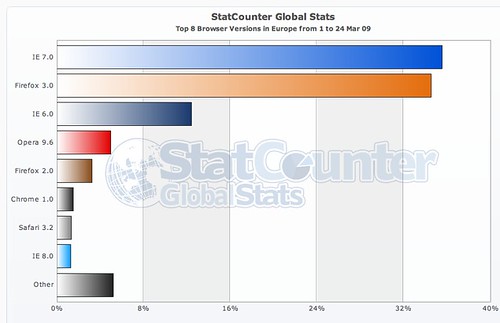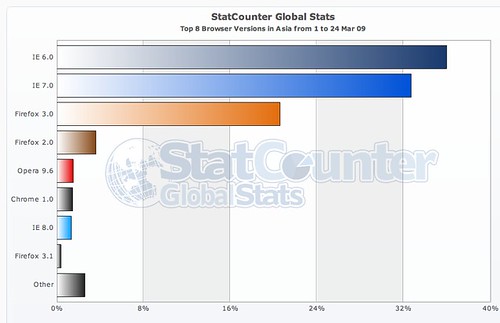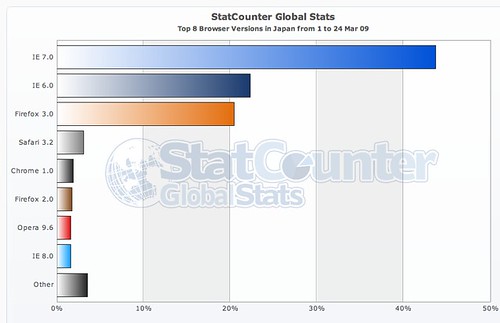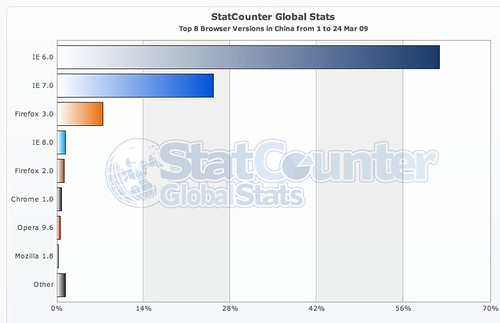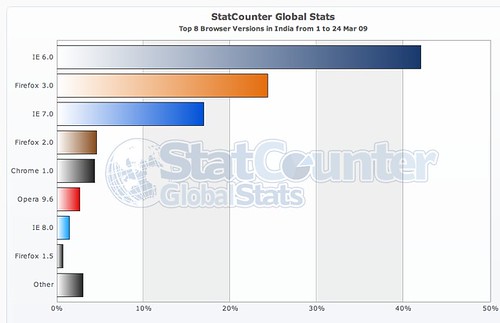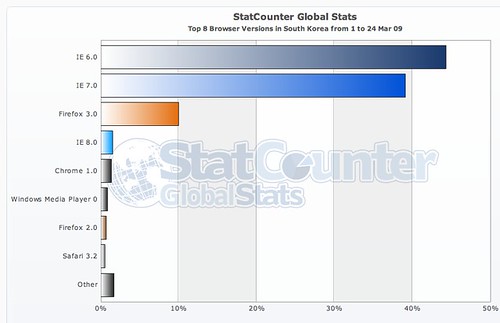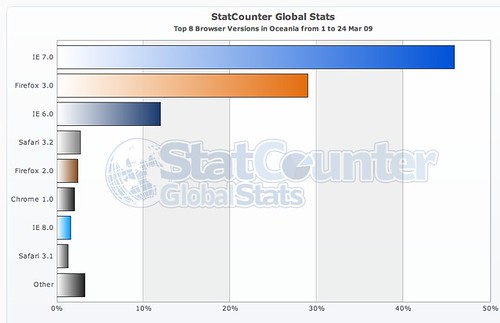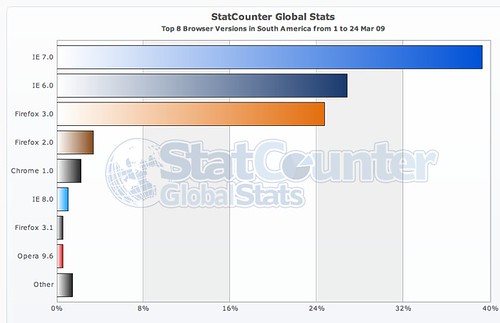Since the release of Google Chrome on September 2, I have been using it as my day-to-day browser. Spending up to 80% of my computer time in a browser means that this was decision which affected a huge portion of my online experience.
I can say that I put Chrome through its paces, on a wide-variety of sites, from the simple to the extremely content-rich. From the mainstream, to the questionable.
This morning I migrated back to Firefox, albeit the latest Minefield/Firefox 3.1alpha.
The reasons listed below are mine. Switching back is a personal decision and everyone is likely to have their own reasons to do it, or to stay.
Advertising
I mentioned a few times during my initial use of Chrome that I was having to become used to the re-appearance of advertising in my browsing experience [here and here]. From their early release as extensions to Firefox, I have used AdBlock and AdBlock Plus to remove the annoyance and distraction of online ads from my browsing experience.
When I moved to Chrome, I had to accept that I would see ads. I mean, we were dealing with a browser distributed by one of the largest online advertising agencies. It could only be expected that they were not going to allow people to block ads out of the gate, if ever.
As the week progressed, I realized that I was finding the ads to be a distraction from my browsing experience. Ads impede my ability to find the information I need quickly.
Older Machines
My primary machine for online experiences at home is a Latitude D610. This is a 3-4 year-old laptop, with a single core. It is still far more computing power than most people actually need to enjoy the Web.
While cruising with Chrome, I found that Flash locked up the entire machine on a very regular basis. Made it unsuable. This doesn’t happen on my much more powerful Latitude D630, provided by my work. However, as I have a personal laptop, I am not going to use my work computer for my personal stuff, especially at home.
I cannot have a browser that locks up a machine when I simply close a tab. It appears that the vaunted QA division at Google overlooked the fact that people don’t all run the latest and greatest machines in the real world.
Auto-Complete
I am completely reliant on form auto-completes. Firefox has been doing this for me for a long time, and it is very handy to simply start typing and have Firefox say “Hey! This form element is called email. Here are some of the other things you have put into form elements called email.”
If you can build something as complex as the OmniBox, surely you can add form auto-completes.
The OmniBox
I hate it. I really do. I like having my search and addresses separate. I also like an address bar that remembers complete URLs (including those pesky parameters!), rather than simply the top-level domain name.
It is a cool idea, but it needs some refining, and some customer-satisfaction focus groups.
I Don’t Use Desktop-replacing Web Applications
I do almost all of my real work in desktop-installed Web applications. I have not made the migration to Web applications. I may in the future. But until then, I do not need a completely clean browsing experience. I mentioned that the battle between Chrome and Firefox will come down to the Container v. the Desktop – a web application container, or a desktop-replacing Web experience application.
In the last 48 hours, I have fallen back into the Web-desktop camp.
Summary
In the future, I will continue to use Chrome to see how newer builds advance, and how it evolves as more people begin dictating the features that should be available to it.
For my personal use, Chrome takes away too much from, and injects too much noise into, my daily Web experience to continue to use as the default browser. To quote more than a few skeptics of Chrome when it was relased – “It’s just another browser”.

